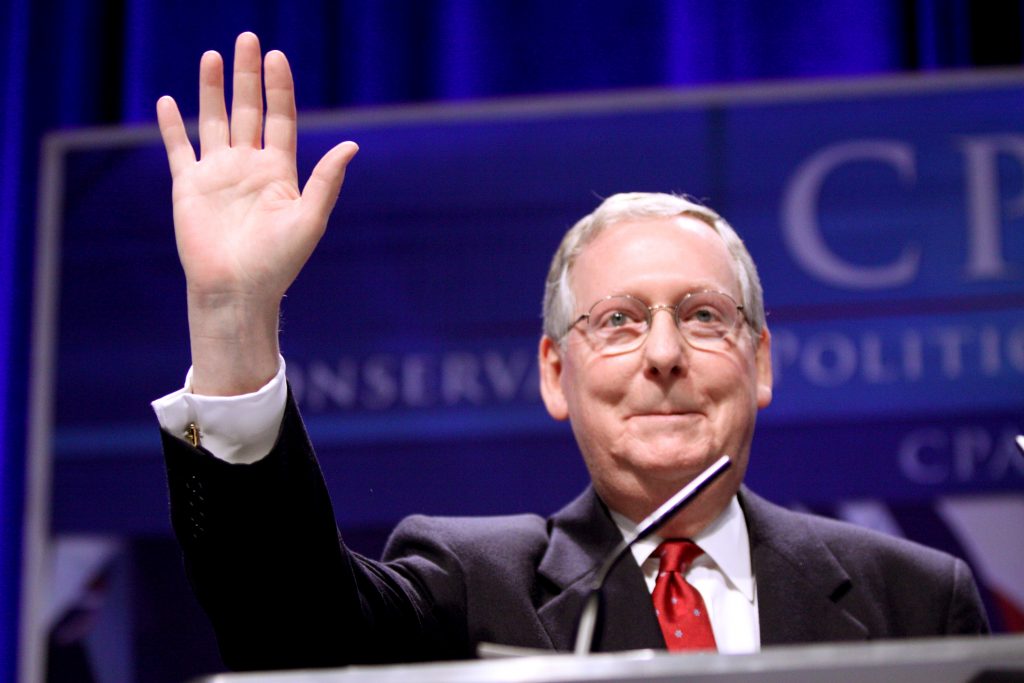
The second coronavirus relief bill has been the center of political attention since late July. As the Democrats, the Republicans, and the White House try to negotiate a path forward, Majority Leader of the Senate Mitch McConnell, and House Speaker Nancy Pelosi have been playing hard ball. The House has already passed two coronavirus relief bills, and the Senate Republicans brought their own, significantly less relief bill, to the floor for a vote. And with just weeks until the election, both parties have been using the bill as a campaign tool, leaving Americans wondering what is happening in DC.
Next Tuesday, McConnell plans to bring a targeted relief bill to the floor for a vote. In a statement, McConnell said, “When the full Senate returns on October 19th, our first order of business will be voting again on targeted relief for American workers, including new funding for the PPP.”
The bill will include around $500 billion for what “targeted” relief. This includes funds for schools and hospitals. But the biggest sticking point in the negotiations is his plan to include language that will protect businesses from coronavirus lawsuits.
McConnell noted the large numbers that are being thrown around in the relief bills, and that he wants to give Democrats one more chance to pass a bill for Americans. McConnell said, "I made some news today we're going to go back to the floor next week again with a proposal more narrowly targeted with a significant money, I can remember when a half a trillion dollars was real money.”
The Majority Leader understands that in order for a bill to pass in his chamber, he needs Republican support. Members of his own party have been wary about another large spending bill and what that will do in the long run to America’s economy. McConnell said that Pelosi wants to “throw $3 trillion at this problem in a way that is largely in any respects unrelated to solving the problem.”
Why this matters: The problem of the second relief bill shows the power plays at stake on Capitol Hill and the executive branch. All three parties have their own requirements, and have their own motivations. The House Democrats, while holding the majority, require the Senate Republicans, and vice versa. But the Senate Republicans have the White House on their side, and President Trump has been inconsistent in what he requires in order for him to sign the legislation into law. The House and the Senate also have their non-negotiable, which makes it extremely difficult to find common ground. What will most likely happen is the bill won’t pass until after the election, which will have a significant impact on the election itself.
Subscribe to our evening newsletter to stay informed during these challenging times!!